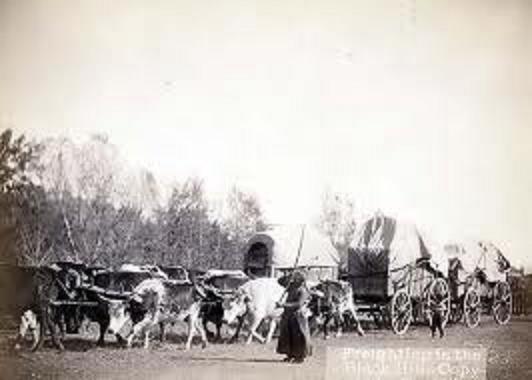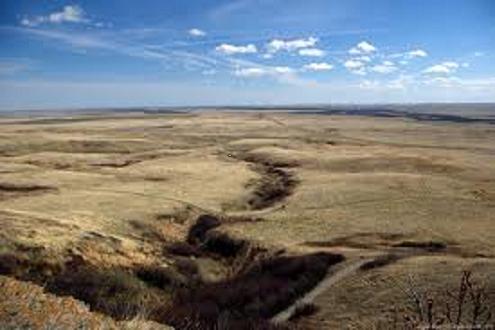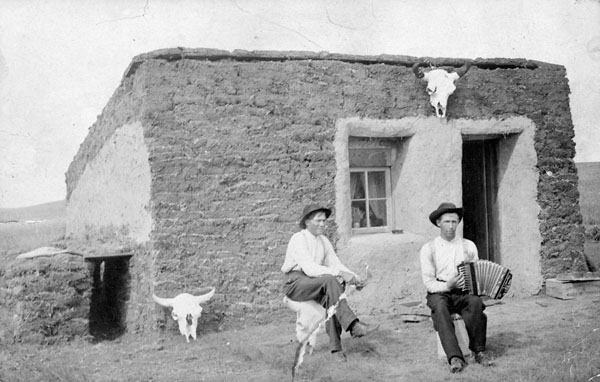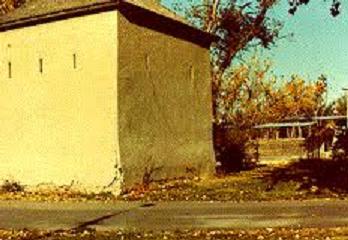A Good Day to Die
I have tried in my way
to be free.
Leonard Cohen
Calgary, Canada, October 12, 1992
Sunrise on the plains begins
as a red line on the horizon. A line
between light and dark under a paling
canopy of stars. In dawnlight the plains
are featureless, eternal. All time
is present in the dawn. I am standing
on the plains at the dawn of a new day,
looking around me. I could be anywhere in
time, free in time. You can come with me
if you want to. If you will.
We can be free in time.

I want to tell this story again, make it sacred
if I can. The story of the coming here,
the being here. People pass along but the stories remain, waiting to be told and remembered. The stories remain. They rise like the Sweet Grass Hills, south of here,
rise and grow in the light. I want to tell
this story again. As I have learned it,
remembered it. Here we are on the plains
in the dawn with the stories all around us.
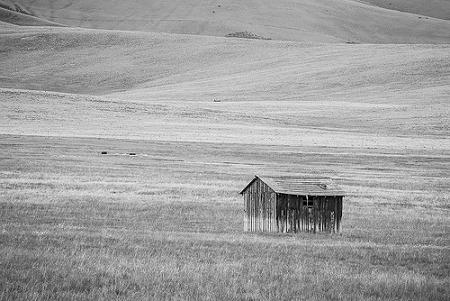
Most came light and passed along.
They left nothing but that which must be
imagined, remembered. The wind is cold
coming off the ice fields a mile thick and
centuries old. Here on these plains
the ice sheets meet and form a corridor
through which the great herds flow.
Flow like time and the people follow the herds, through time. Camel, mammoth, sabre toothed cat, giant bison, all met here and in turn were met by the people, through all time.
They met and flowed along through time.
The ice fields shift and shift again
and remove the markes of their passing.
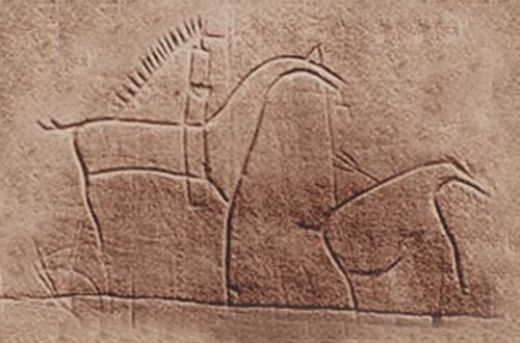
Here we are free in time on the plains.
Free to listen to the stories, they echo
in the dawn. Free to remember what has been.
Free to imagine what might have been and never
was. The red line on the horizon boils within
itself as if it would hold to this moment forever.
Hold to the place between light and dark so the stories can always be heard. Listen. The sound of millions of hooves as the great herds wheel through the seasons, through all time. This is a story both sacred and profane. Listen to the stories of those who follow, endlessly, through all time. Remember what was. Remember what never was but might have been.
Listen.
No one discovered these plains.
This is not the new world. The coming here
was from everywhere and through all time
on this ancient earth. The stories of the coming
here are ancient, endless, and made new,
made sacred, in each telling. The stories are
like the red line on the horizon made new
each day on this ancient earth. The stories
of the coming here, the being here, echo all
around us, if we listen. Some passed quick and
left no trace. Some came slow and stayed.
They did not leave much. Only the ways of being
here. The stories. They did not take much.
These are the Real People. Others came hard
and left their mark. Everything else, they took,
all around us. Storeis made new, made sacred
in the telling. Even the profane is made new,
made sacred, in the telling.
Listen.
Some came light but left their stories,
cut into stone so no one would forget
their passing. Others came light but stayed
forever. Some say they came from the east,
some say from the north. They say they came
light, from the earth Nato'se made, from the clay
Napi shaped. They came light and stayed forever,
living in the ways the long ago ones taught,
through all time. We know the name they call
themselves. They are called Nitsitapi, the Real
People. They are standing at the centre of
their world, forever. Their name echoes
across the plains. Nitsitapi.
The Real People.
